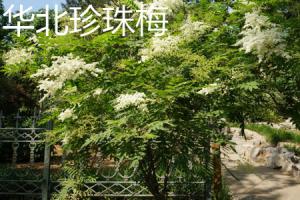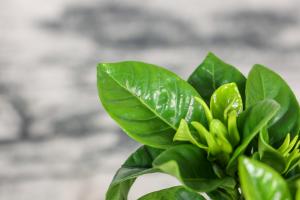When Do Jews Plant Trees?
Planting trees is an important tradition in Judaism. It is a symbol of new beginnings, growth, and continuity. Trees also beautify the environment and provide shade and shelter for both humans and animals. So, when do Jews plant trees? Here are some answers:
Tu B’Shevat
Tu B’Shevat, also known as the New Year of trees, is a Jewish holiday celebrated every year on the 15th day of the Hebrew month of Shevat (usually in January or February). This day marks the beginning of the agricultural cycle and marks the time when the trees in Israel emerge from their winter sleep. On this day, it is customary to plant trees and eat fruits from trees.
Jewish National Fund’s Tree Planting Program
The Jewish National Fund (JNF) is a non-profit organization that has been planting trees in Israel since 1901. Its tree-planting program has been instrumental in reforesting areas that were once barren or damaged by forest fires or war. Jews from all over the world can purchase trees through the JNF’s online platform and have them planted in Israel as a way to support the country and contribute to its ecology.
Bar and Bat Mitzvah Projects
Bar and Bat Mitzvah is a coming-of-age ceremony for Jewish boys and girls. It usually takes place when they turn 13 and 12, respectively. In recent years, it has become a tradition to incorporate a community service project as part of the celebration. Planting trees is a popular option for Bar and Bat Mitzvah projects, as it symbolizes the children’s growth and responsibilities as adults.
Environmental Activism
Many Jews are passionate about environmental activism and believe that planting trees and protecting the environment is a way to fulfill their Jewish values. By taking care of the earth and its resources, Jews can contribute to social justice and Tikkun Olam (repairing the world). Some Jewish organizations, such as Hazon and Canfei Nesharim, focus specifically on environmental issues and promote sustainable practices within the Jewish community.
Conclusion
Planting trees is not only a practical way to protect the environment and beautify the world but also a meaningful and symbolic practice in Judaism. It is a way to connect with nature, show gratitude, and leave a positive mark on the earth. Jews plant trees on different occasions and for different reasons, but the message behind it is always the same: to create a better world for ourselves and future generations.

 how many times do yo...
how many times do yo... how many planted tre...
how many planted tre... how many pine trees ...
how many pine trees ... how many pecan trees...
how many pecan trees... how many plants comp...
how many plants comp... how many plants can ...
how many plants can ... how many plants and ...
how many plants and ... how many pepper plan...
how many pepper plan...





























